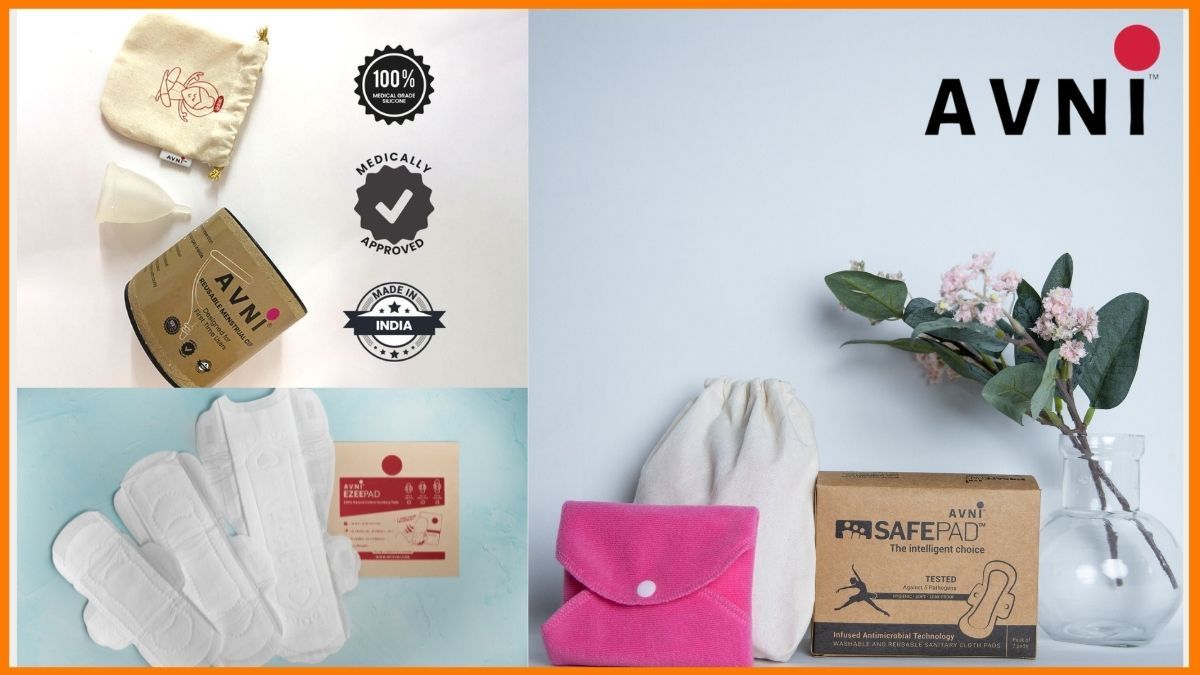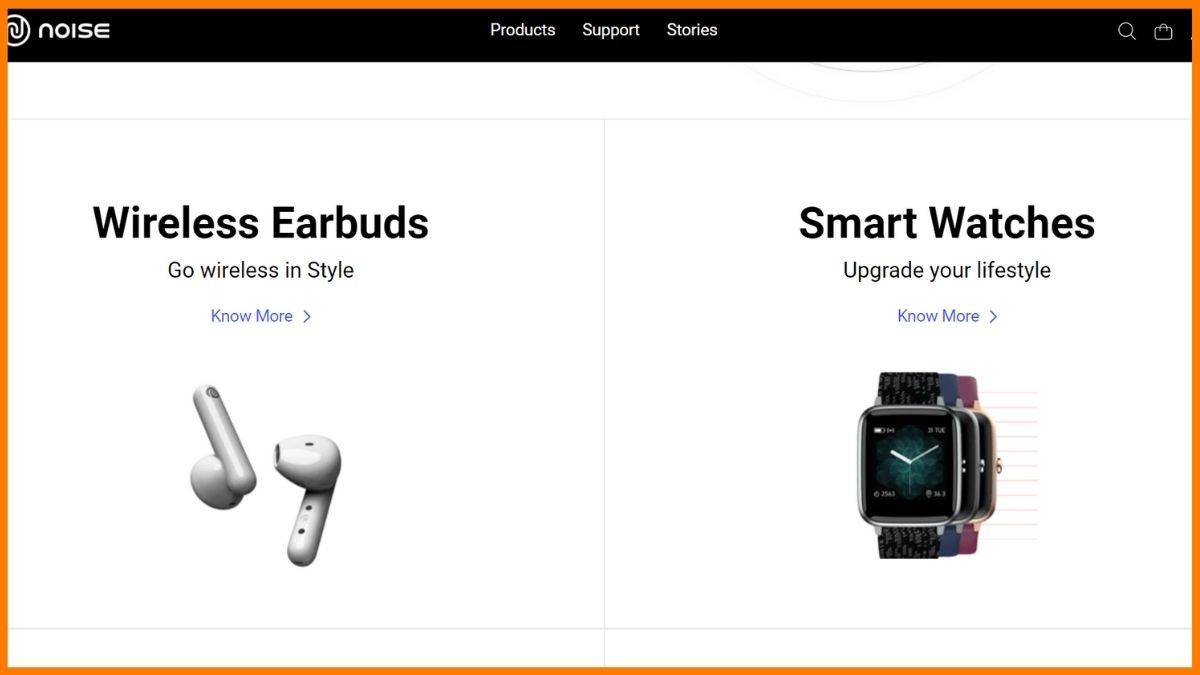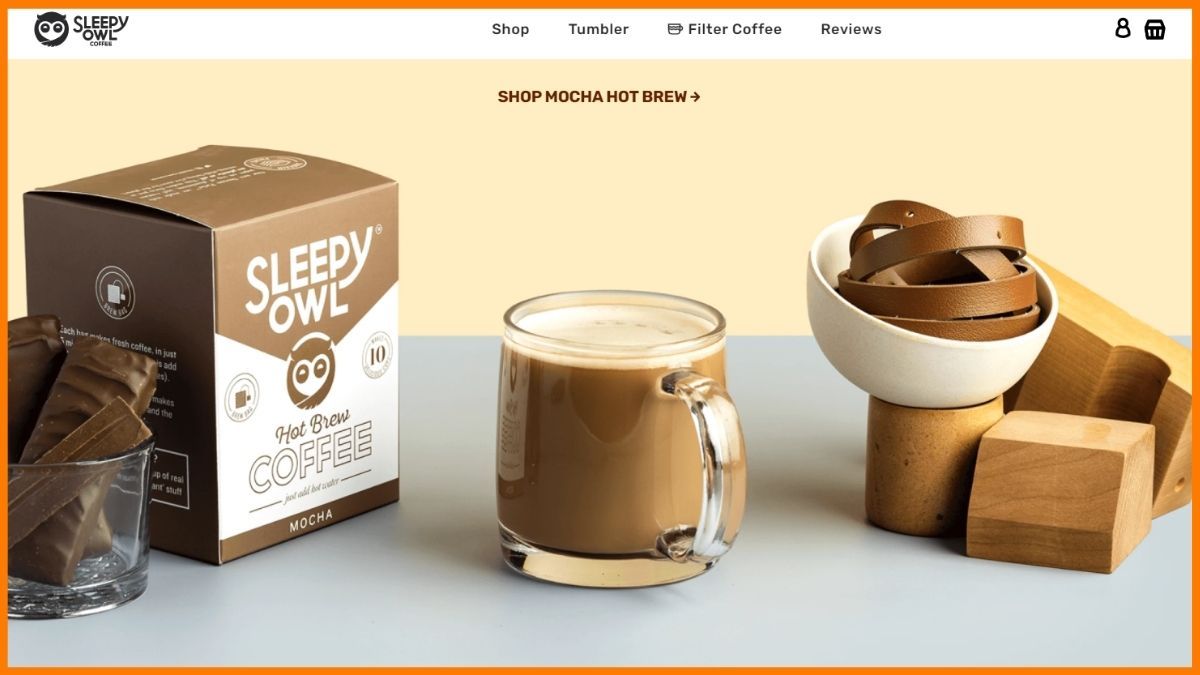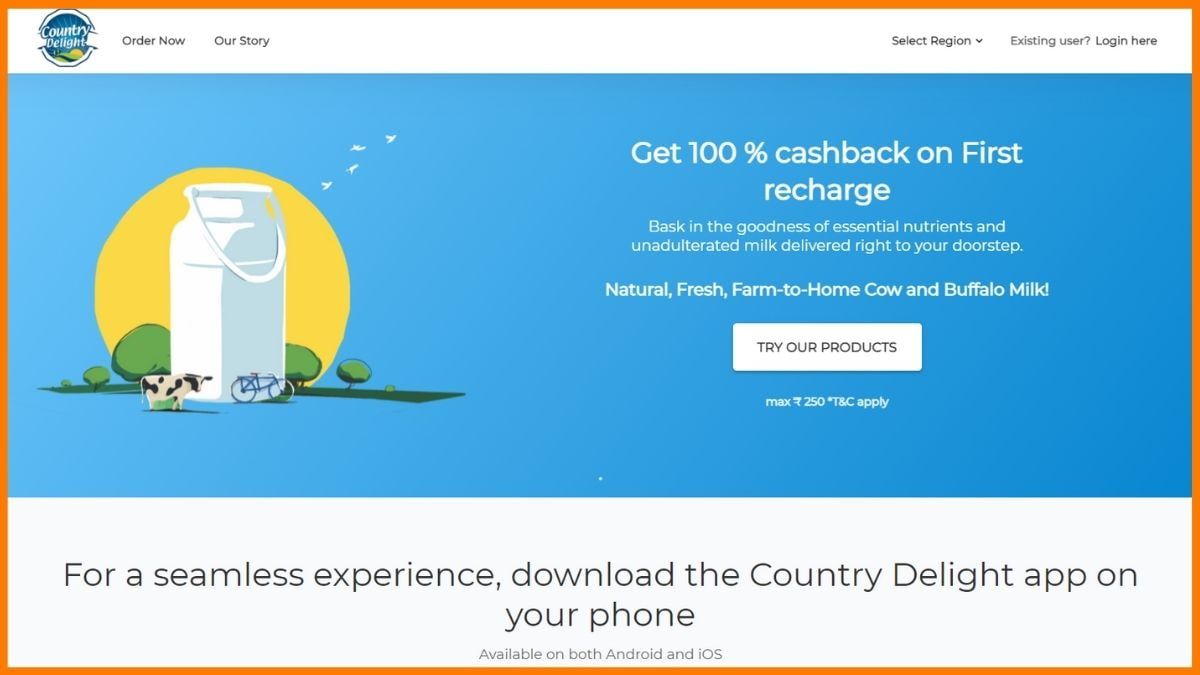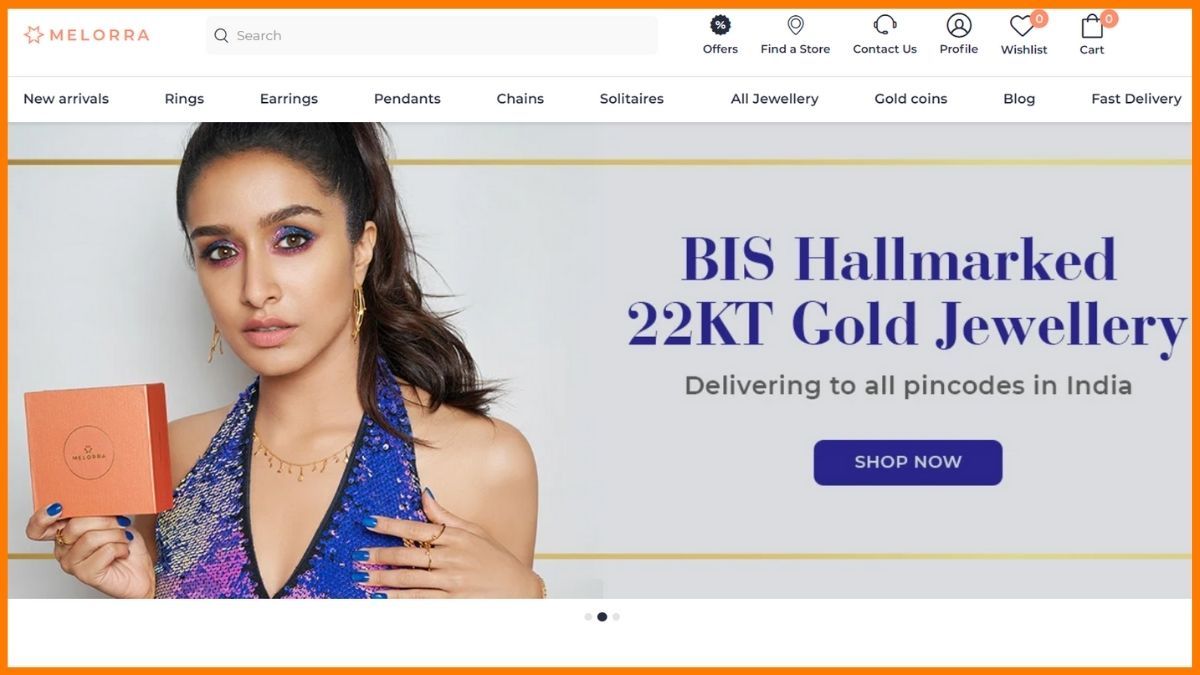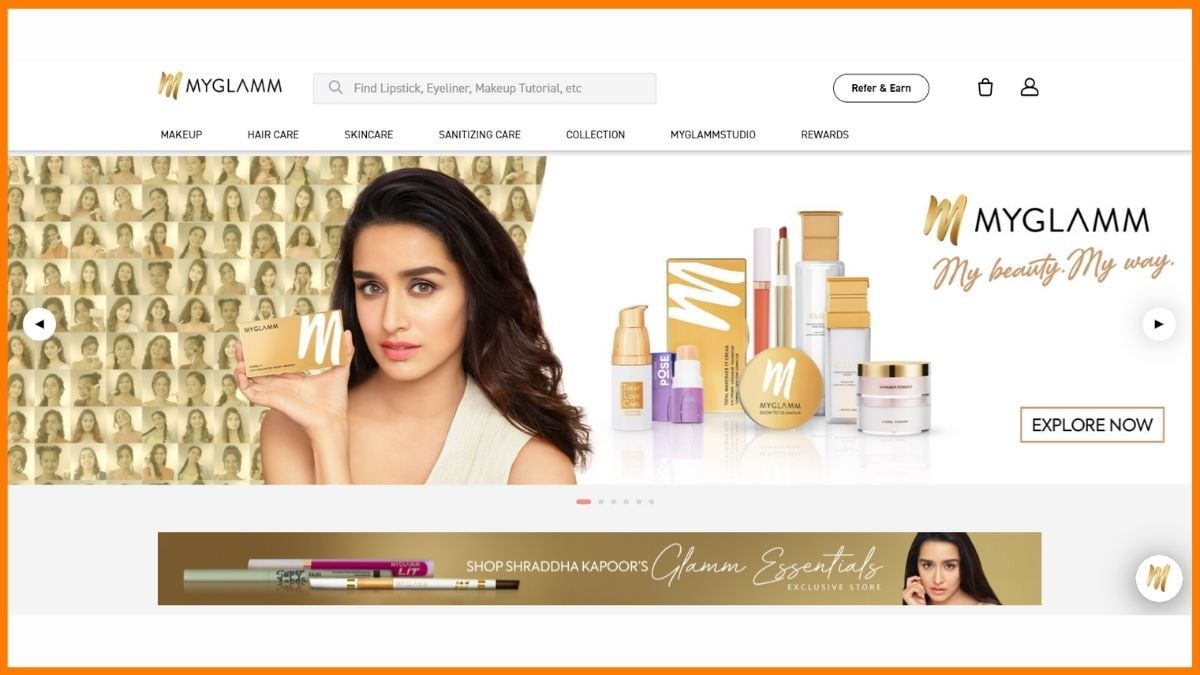Company Profile is an initiative by StartupTalky to publish verified information on different startups and organizations. The content in this post has been approved by Quickshift.
Quickshift (QS) offers a complete suite of fulfillment services for any D2C brand that wants to scale up quickly while offering the best customer service. Through its tech-enabled, multi-city warehouses and integrated shipping, it offers- transparent order management, storage, shipping, COD, RTO, Non-Delivery Receipt (NDR), and ultimately customer delight. Its shipping coverage is 29,000 Pin Codes across India and is currently servicing over 150 D2C brands.
StartupTalky interviewed Anshul Goenka & Prodipto Roy (Co-founders, Quickshift) to get insights into the startup story of Quickshift. In this article you’ll discover how Quickshift was conceptualized, its business model, funding, and more.
Quickshift – Company Highlights
| Startup Name | Quickshift |
|---|---|
| Founders | Anshul Goenka (CEO), Prodipto Roy |
| Headquarters | Pune, Maharashtra |
| Founded | 2018 |
| Industry | eCommerce fulfillment |
| Website | quickshift.in |
Quickshift – About and Vision
Quickshift – Industry Details
Quickshift – Idea and Inspiration
Quickshift – Product/Service and USP
Quickshift – Founders and Team
Quickshift – Business Model & Revenue Model
Quickshift – Launch and Marketing Strategies
Quickshift – Growth
Quickshift – Funding and Investors
Quickshift – Competitors
Quickshift – FAQs
Quickshift – About and Vision
Quickshift (QS) offers a complete suite of fulfillment services for any D2C brand that wants to scale up quickly while offering the best customer service. A challenge for a D2C brand today is how to fulfill in a cost-effective manner within a time frame of same-day or 1-2 days if they get an order from another part of India typically 2000 km away. If the brand does not service, then they risk disappointing the customer, and cannot build scale, thus increasing their Cost of Customer Acquisition further. This is where QS steps in. Through its tech-enabled, multi-city warehouses and integrated shipping, it offers- transparent order management, storage, shipping, COD, RTO, Non-Delivery Receipt (NDR), and ultimately customer delight.
QS wants to be the company of choice for any brand marketing its products digitally. It wants to be recognized for its tech-leadership, building inefficiency in the post ‘buy’ phase of the customer, a critical time when the Post Purchase Dissonance sets is and the same can be lost.
QS’s team believes in the Indian consumption story. It seems tremendous opportunity in the consumer value chain that technology presents. These would start forming as the endeavor grows.
Quickshift – Industry Details
The total logistics market in India is about US$ 215 Bn in Yr. 2020, it is expected to rise to US$ 450 Bn. Like-wise the 3PL logistics market is about US$8 Bn, likely to expand to US$18 Bn in the same time frame. Based on current data, QS’s market share of this serviceable 3 PL market is 0.2%.
Source: Edelweiss Report (3PL)

Quickshift – Idea and Inspiration
The business model has been functioning of research as well as evolution. QS in its very early days was offering fleet as well as fulfillment, it realized the need for technology and the substantial difference it would make in Order Management, right up to the customer and then the payment process. Hence QS started integrating the full value chain. Once brands onboarded, they got the advantage of integrated processes. They no longer had to talk separately to tech enabler for Order Management, a warehousing company (and multiple ones for different zones), a logistics/courier partner for the last mile, etc., steps that increased the no. of transactions and created complexities. Instead, QS was answering that. The brands themselves asked QS to open more centers to enable their fulfillment go pan India, and hence came the multi-city distribution plan.
Quickshift – Product/Service and USP
QS has built integrations with all leading marketplaces like Amazon, Flipkart, Nykaa, Ajio, etc as well integrates with any own developed e-com platforms like Shopify, Woocommerce, Magento, etc. On the shipping side, Quickshift can reach out to 30000 Pin Codes across India through its affiliations promising same day and next day TAT’s. It has its own fulfillment centers in Mumbai, NCR-Delhi, Pune, Bangalore, and Kolkata, all tech-enabled to manage the process efficiently and in a cost-effective manner. It provides a dashboard to its customers that offers them to have a birds-eye view of its stocks across warehouses, its orders getting processed, despatches, COD’s and also insights into its sales and inventory.
- QS reduces the costs of fulfillment by over 35%
- For a brand, it provides a single point of contact for Warehousing, Order Processing, Shipping, and Technology
- In addition, to International brands that would like to create a distribution network to tap the Consumption potential in India, QS provides a one-stop-shop to establish its reach within India
Quickshift – Founders and Team
Anshul Goenka (CEO) and Prodipto Roy are the co-founders of Quickshift.

Prodipto recently joined as a co-founder, however, the founders knew each other since the inception of Quickshift and he was advising and mentoring the startup throughout. When Quickshift reached a decent scale and the workload starting increasing, it is then when Asnhul proposed to Prodipto to come in full time as a co-founder. Prodipto saw value in what Quickshift was building and for the team, he brings 2 decades of experience with him, therefore it was an easy match. Currently, Anshul looks over Operations, Tech & Product, Finance, While Prodipto looks over Sales, Marketing, CRM and we jointly discuss strategy, hiring, etc.
The current company Size is about 30 Corporate employees including Tech, Ops, Sales and Marketing, MIS & Finance. They have additional 70+ folks working across fulfillment centers in various cities.
The hiring process of Quickshift is very simple. The candidate should be driven by Quickshift’s mission and vision and should be able to see value in what the team is building. Experience and Skillset do matter but eventually, the candidate should be passionate about what the startup envisions.

Quickshift – Business Model & Revenue Model
All brands need storage, order fulfillment, and shipping. QS provides that. It has a pay-per-use model for charging its customers. It charges for its services rendered for example Platform fee, Inward processing, Storage, Order Processing, and Shipping. It has an EBIDTA of 60%.
Quickshift – Launch and Marketing Strategies
The first part is to go after a genuine problem statement that has a large market. If your product or service truly solves the pain point then getting your first set of users is not very difficult.
The second part is to have great/committed folks join your team.
Your first set of customers has to be handheld. The founders have to actively be involved in their day-to-day affairs. Regular interactions with your first set of customers help you learn and better the experience that you are building. A relationship has to be built and your clients have to be like your partners through thick and thin.
Quickshift has recently started marketing across digital mediums, only when the team was sure that they have a product that is ready to take on the market, did they aggressively build campaigns. Initially, it was more about performance marketing but we have also focused on building a ‘go-to’ brand, which has top-of-the-mind recall be it with its potential customers, employees, investors, etc.

Quickshift – Growth
QS is operational in Mumbai, NCR-Delhi, Bangalore, Kolkata, and Pune. Its shipping coverage is 29000 Pin Codes across India. It is currently servicing over 150+ D2C brands.
As the trends move more towards online/eCommerce and social commerce consumption, Quickshift is in a space that is bound to grow. It has plans to scale up in terms of its capacity, more technological introductions that further enhance the customer service feature as well as make the entire fulfillment experience seamless, more efficient, and more competitive are planned.
Quickshift – Funding and Investors
Quickshift’s funding details are as follows –
| Date | Stage | Amount | Investors |
|---|---|---|---|
| July 2021 | Seed | USD 770,000 | Anicut, Axilor |
Quickshift – Competitors
Shiprocket, Wareiq, and Eshopbox are the competitors of Quickshift.
Quickshift – FAQs
What is Quickshift?
Quickshift (QS) offers a complete suite of fulfillment services for any D2C brand that wants to scale up quickly while offering the best customer service. Through its tech-enabled, multi-city warehouses and integrated shipping, it offers- transparent order management, storage, shipping, COD, RTO, Non-Delivery Receipt (NDR), and ultimately customer delight.
Who founded Quickshift?
Anshul Goenka (CEO) and Prodipto Roy are the co-founders of Quickshift.
Is Quickshift an Indian company?
Yes. Quickshift is an Indian company headquartered in Pune, Maharashtra.
When was Quickshift launched?
QS was launched in 2018.
How does Quickshift make money?
Quickshift has a pay-per-use model for charging its customers. It charges for its services rendered for example Platform fee, Inward processing, Storage, Order Processing, and Shipping.






























